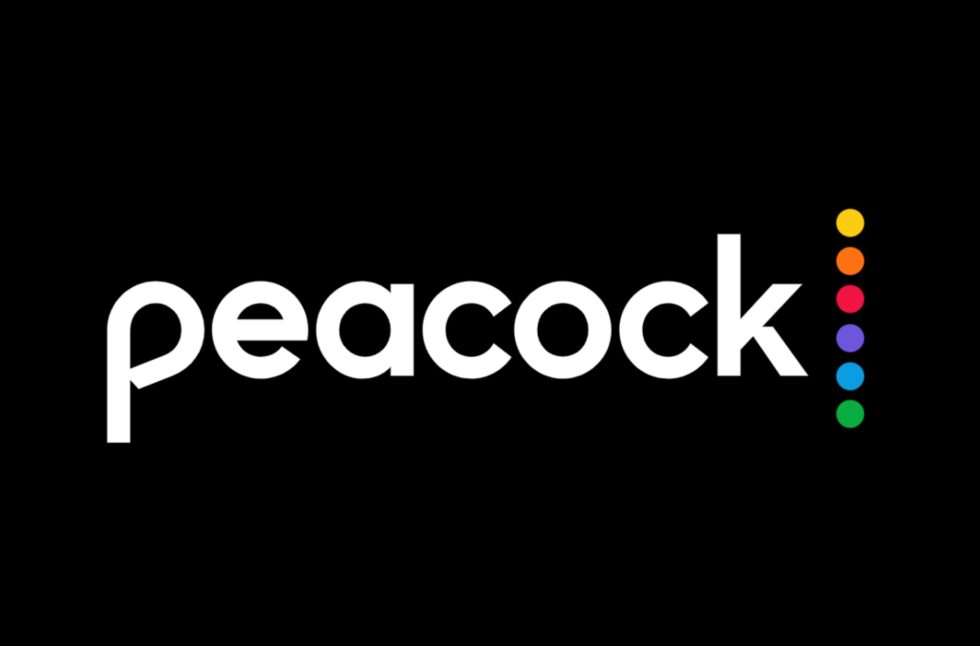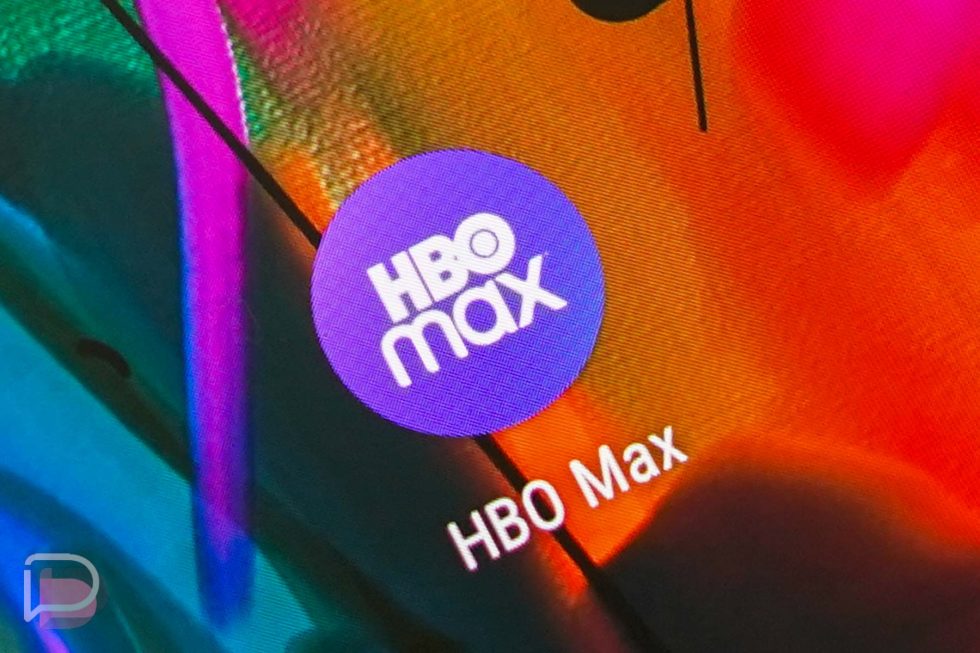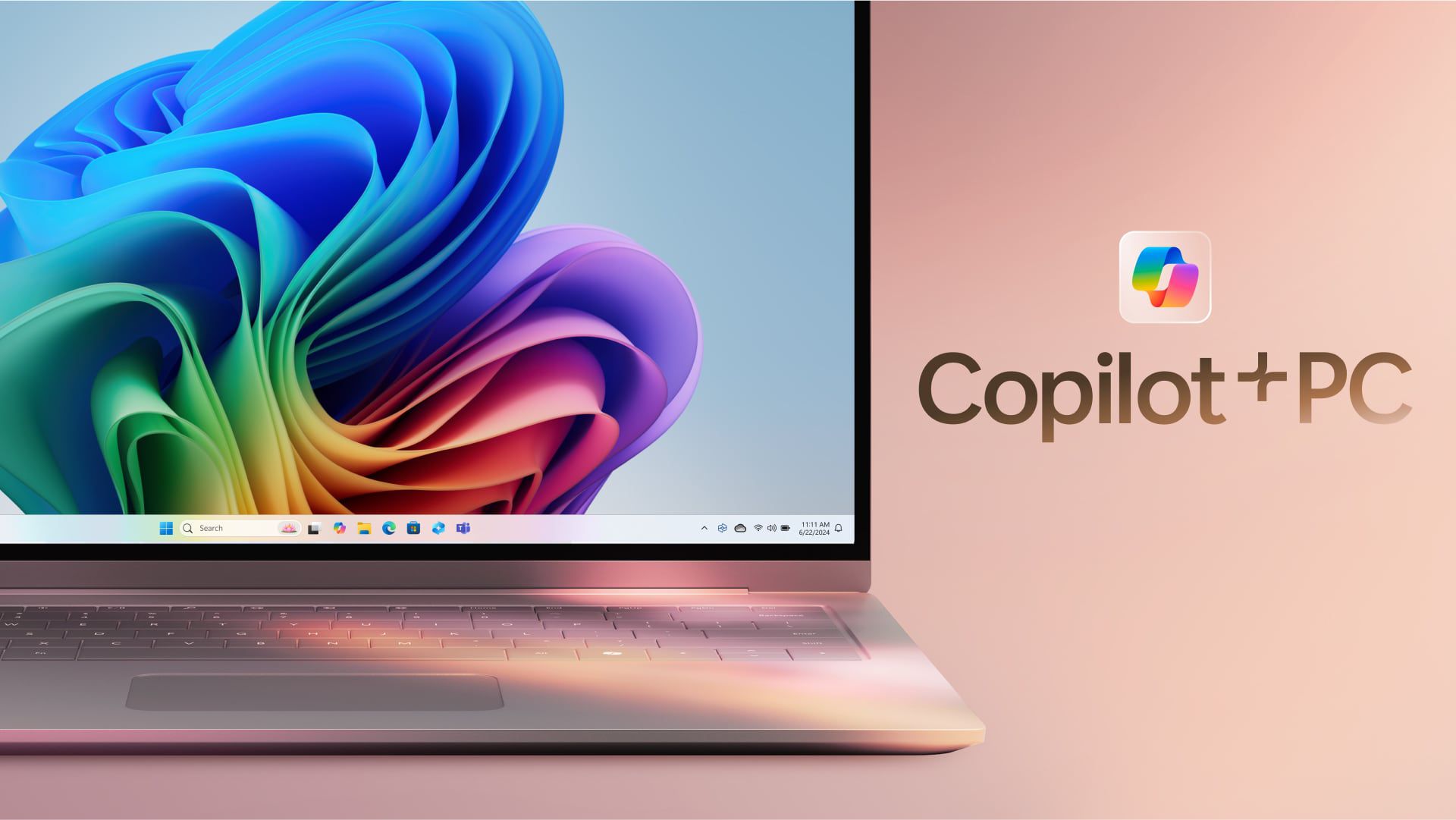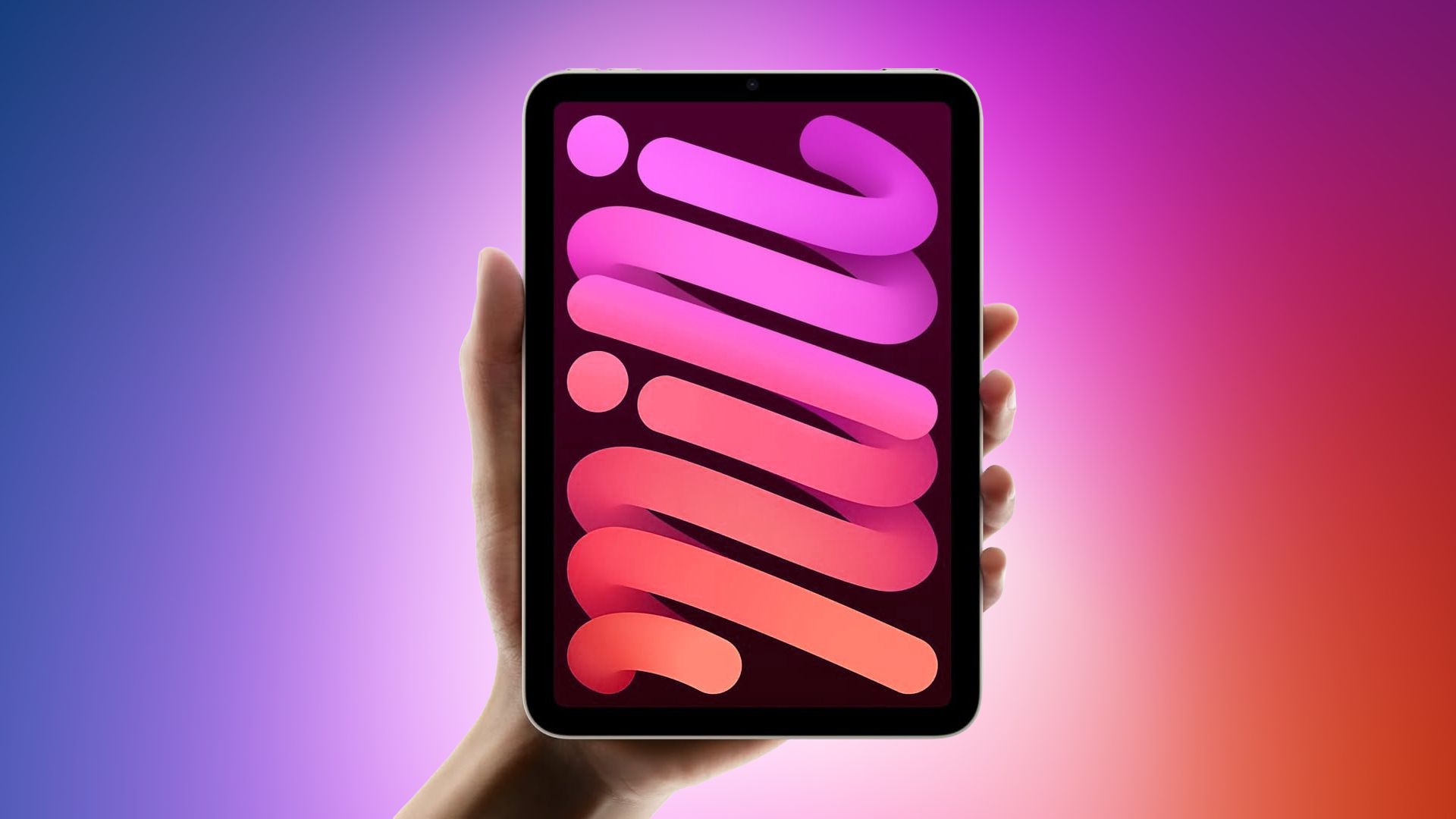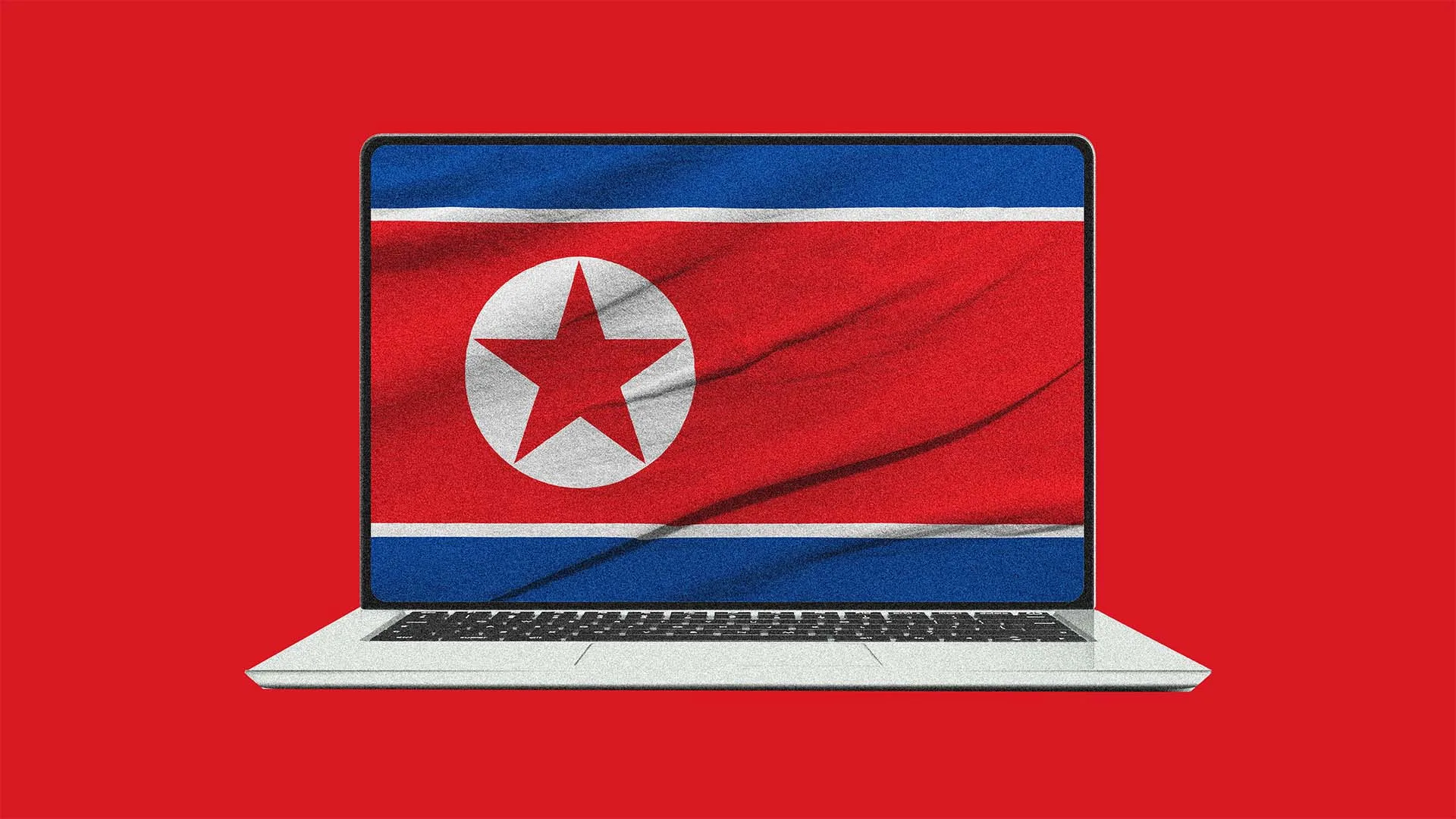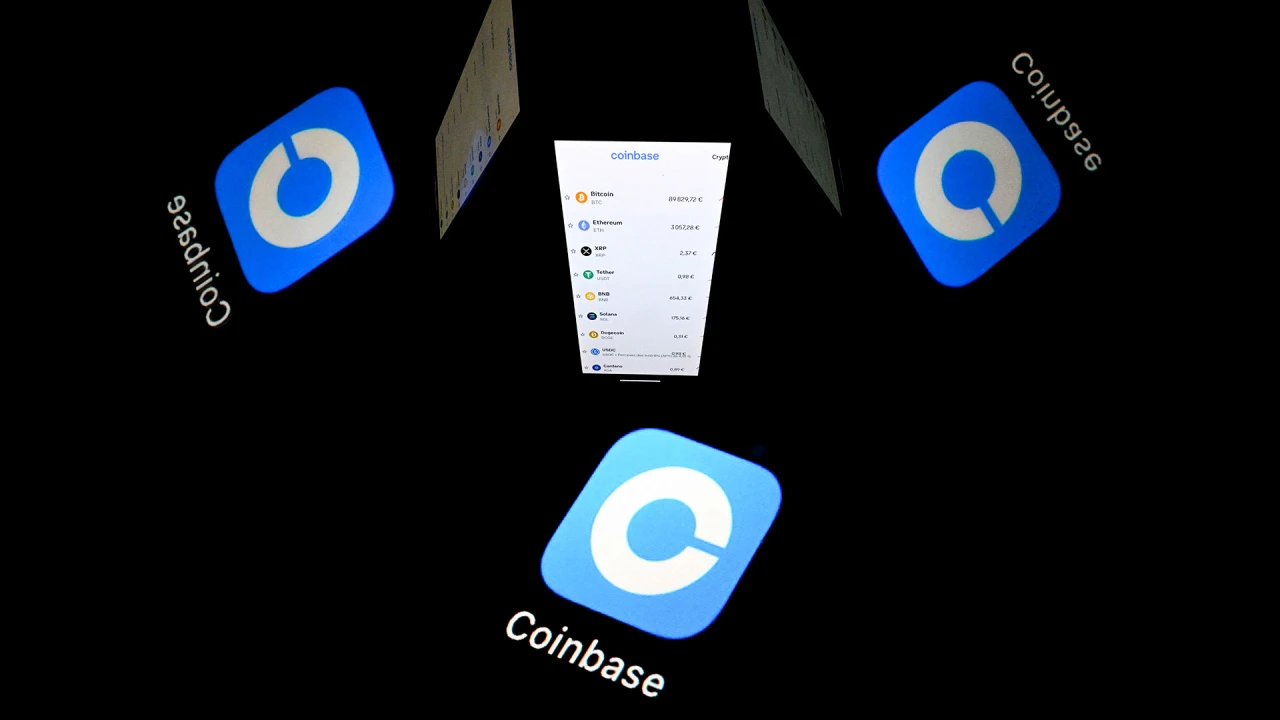Microsoft: No evidence Israeli military used its technology to harm civilians, reviews find
Microsoft said Thursday that it found no evidence its technologies were used by the Israeli military to harm civilians in Gaza, following internal and external reviews into allegations that the company was complicit in human rights abuses. The company acknowledged limits as to what it could verify, citing a lack of visibility into how its technology is used on private servers, and systems outside its cloud. The blog post reporting the results of the reviews follows months of protests by Microsoft employees and other tech workers. It comes in advance of the company’s Build developer conference in Seattle next week,… Read More


Microsoft said Thursday that it found no evidence its technologies were used by the Israeli military to harm civilians in Gaza, following internal and external reviews into allegations that the company was complicit in human rights abuses.
The company acknowledged limits as to what it could verify, citing a lack of visibility into how its technology is used on private servers, and systems outside its cloud.
The blog post reporting the results of the reviews follows months of protests by Microsoft employees and other tech workers. It comes in advance of the company’s Build developer conference in Seattle next week, where the group No Azure for Apartheid has announced that it plans to protest again.
Microsoft said it launched the reviews in response to concerns from employees and the public over media reports alleging that its Azure cloud platform and AI technologies were being used by the Israeli military to harm civilians.
“We take these concerns seriously,” Microsoft said in the post. It added that after interviewing dozens of employees and reviewing internal documents, the company “found no evidence to date that Microsoft’s Azure and AI technologies have been used to target or harm people in the conflict in Gaza.”
Microsoft said it maintains a standard commercial relationship with the Israeli Ministry of Defense, providing software, cloud infrastructure, and AI services such as language translation.
The company also disclosed that it provided limited emergency support to the Israeli government following the Oct. 7, 2023, Hamas attacks.
Microsoft described that assistance as tightly controlled, with “approval of some requests and denial of others.” The company said it believed it followed its principles “on a considered and careful basis,” balancing efforts to help save hostages with respect for civilian privacy and rights in Gaza.
The company said its recent reviews found no evidence that the Israeli Ministry of Defense has failed to comply with its terms of service or AI Code of Conduct.
At the same time, Microsoft acknowledged that it cannot see how customers use its software on their own servers or devices, including on-premises systems.
“It is worth noting that militaries typically use their own proprietary software or applications from defense-related providers for the types of surveillance and operations that have been the subject of our employees’ questions,” the post said. “Microsoft has not created or provided such software or solutions to the IMOD.”
The company also said it lacks visibility into the Israeli Ministry of Defense’s government cloud operations, which are run through other providers.
Amazon and Google beat out Microsoft and Oracle in 2021 for the Israeli government’s Project Nimbus cloud contract. Wired last year reported that the Israel Defense Forces were integral in designing and implementing Project Nimbus.
Microsoft did not name the firm that conducted the external review.
The company’s post concluded by citing its Human Rights Commitments, saying the company believes it has abided by them in Israel and Gaza.
We’ve contacted representatives of No Azure for Apartheid for comment on the Microsoft blog post. The group, which includes current and former Microsoft employees, has called on the company to end all contracts with the Israeli military and disclose its full set of Israeli government relationships.
In a press advisory this week announcing plans for a protest at Westlake Park on Monday, coinciding with Build, the group said, “Microsoft is selling technology that fuels the U.S. military industrial-complex, mass state surveillance, and occupation in Palestine — they are active conspirators in the mass death and suffering of Palestinians.”
The protests are part of a growing movement among tech workers and activists targeting major tech companies’ ties to the Israeli government.
Two employees were fired after a vigil last fall, with Microsoft citing violations of internal policies.
The internal backlash escalated publicly during Microsoft’s 50th anniversary event in April in Redmond, where two employees disrupted separate moments of the program to denounce the company’s alleged role in Israeli military operations.
One interrupted Microsoft AI CEO Mustafa Suleyman’s remarks, calling him a “war profiteer,” while another stood up during a panel featuring Microsoft CEO Satya Nadella, former CEO Steve Ballmer, and co-founder and former CEO Bill Gates.
Microsoft later confirmed that it had fired one employee who interrupted the event and accelerated the resignation of another who had previously planned to leave the company later in April. No Azure for Apartheid also led a protest outside the event.
The protests at Microsoft’s internal event mirrored similar actions by members of the group at GeekWire’s independent Microsoft@50 event in Seattle in March.
![[Webinar] From Code to Cloud to SOC: Learn a Smarter Way to Defend Modern Applications](https://blogger.googleusercontent.com/img/b/R29vZ2xl/AVvXsEjLbNLee9VlpBpNmlxQSBF7IHwrQajzAJWYjhcHTIVVqzroGXrpk_x9Sbbua1Xi-QtO9jbcX1canKTWWzfaOshSarJol1Ude7LNQMeV5B2x71gaXxWg_cjEJ3bPuuoyyyMLgWB9hCtZ1PV5j3QOGByinGCAETqul2WWz-mVYiuERYWPVu7ob8lSckM-ocw/s1600/soc.jpg?#)












































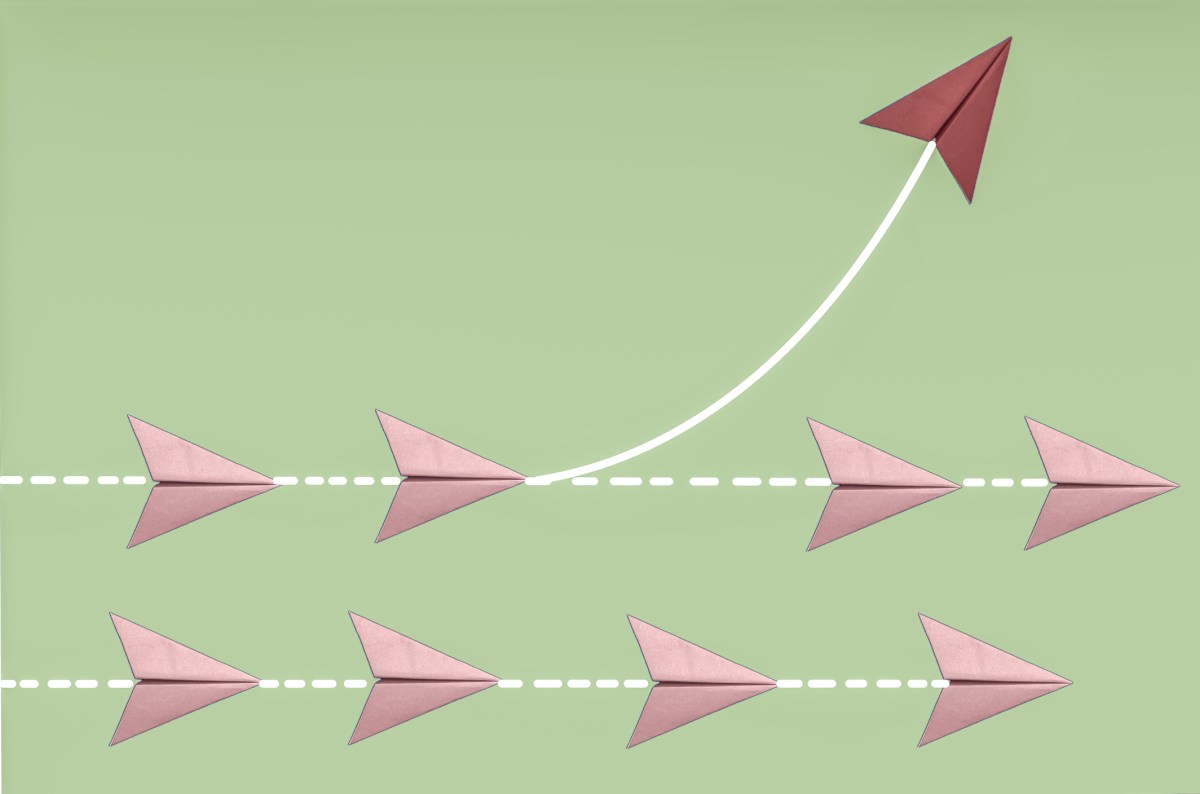

















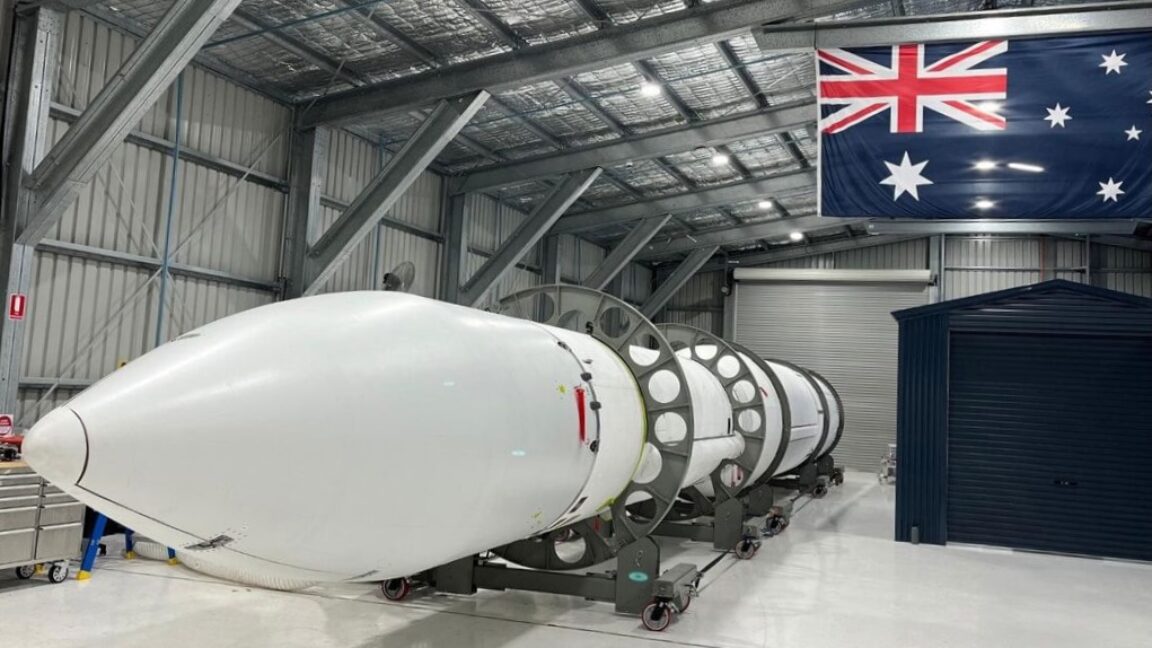


























































































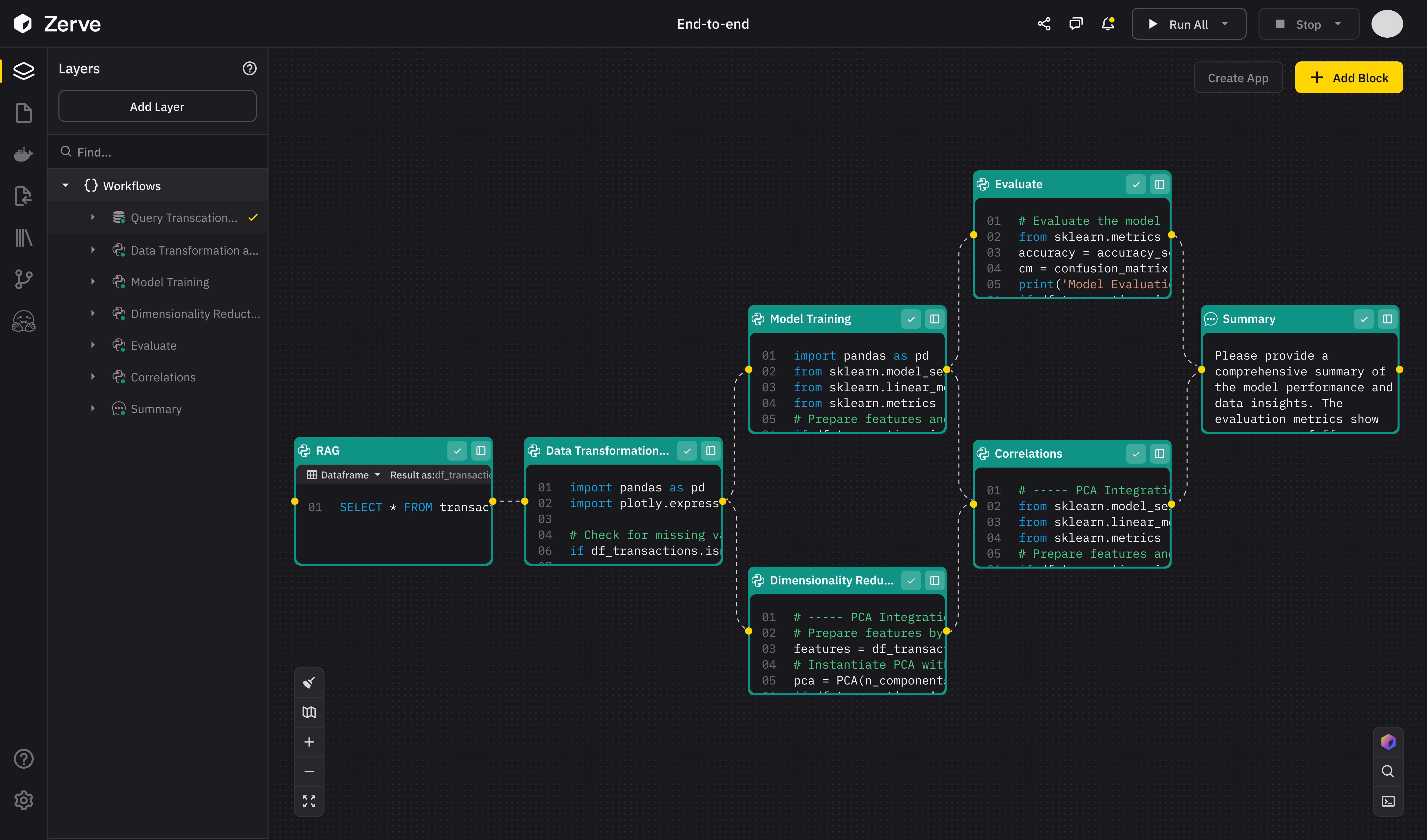












![[The AI Show Episode 147]: OpenAI Abandons For-Profit Plan, AI College Cheating Epidemic, Apple Says AI Will Replace Search Engines & HubSpot’s AI-First Scorecard](https://www.marketingaiinstitute.com/hubfs/ep%20147%20cover.png)

























![How to Enable Remote Access on Windows 10 [Allow RDP]](https://bigdataanalyticsnews.com/wp-content/uploads/2025/05/remote-access-windows.jpg)












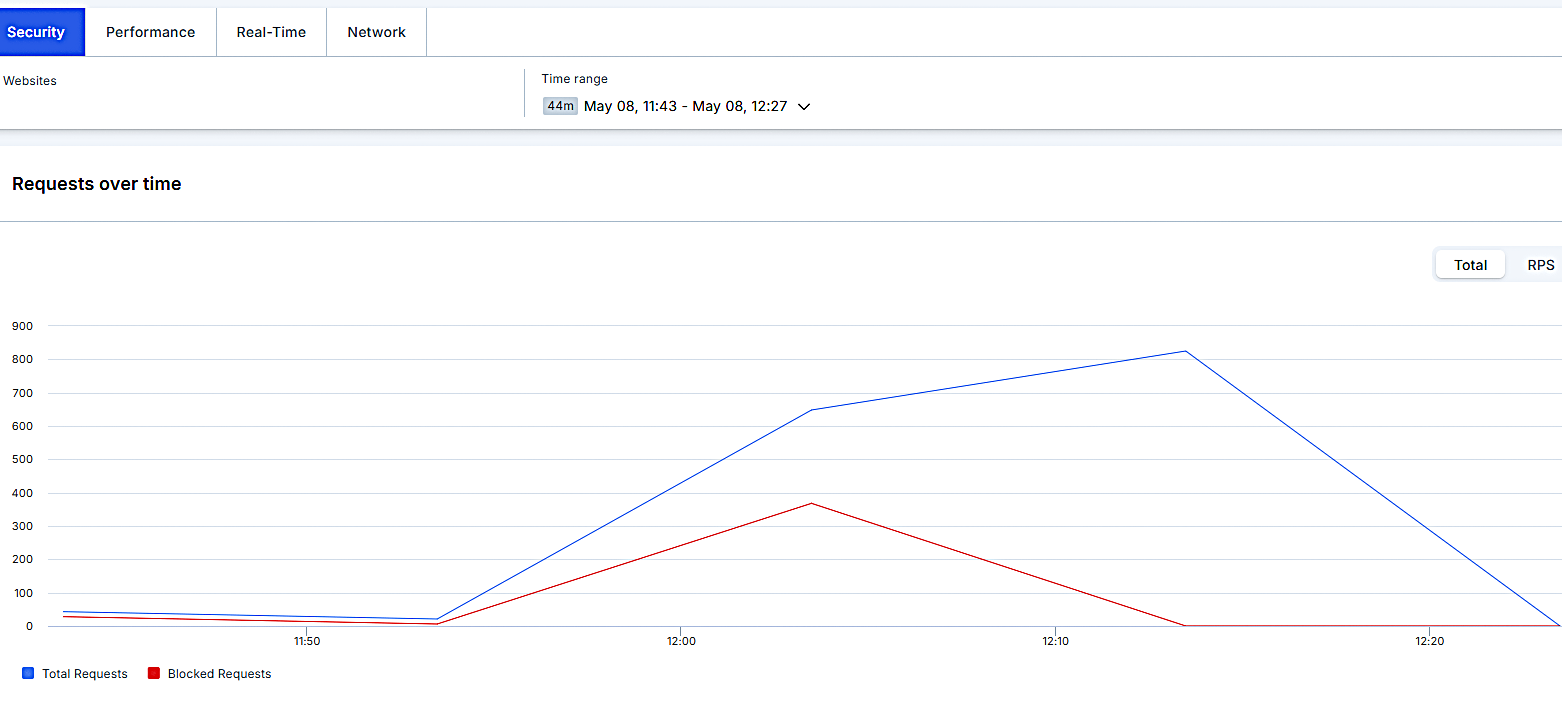



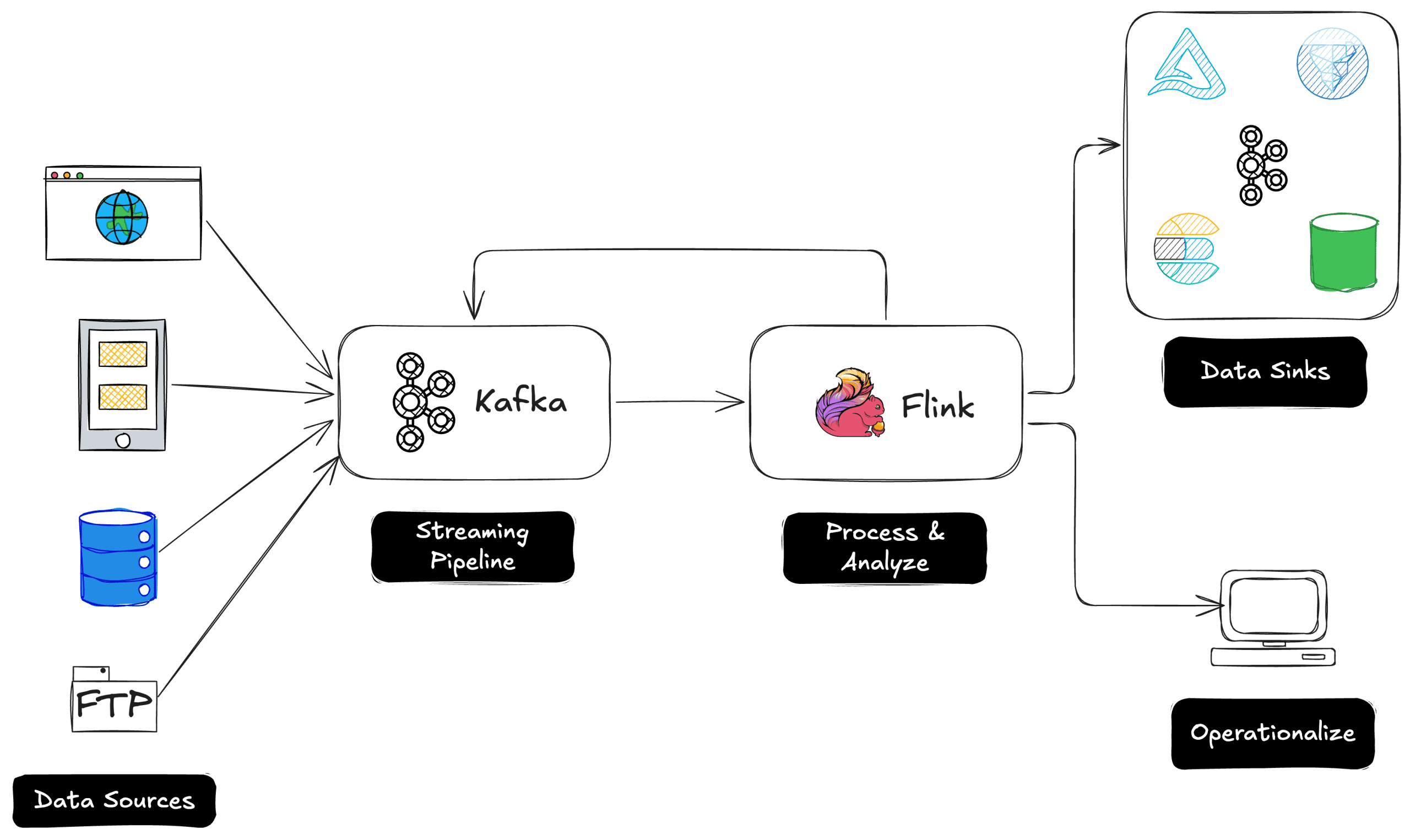
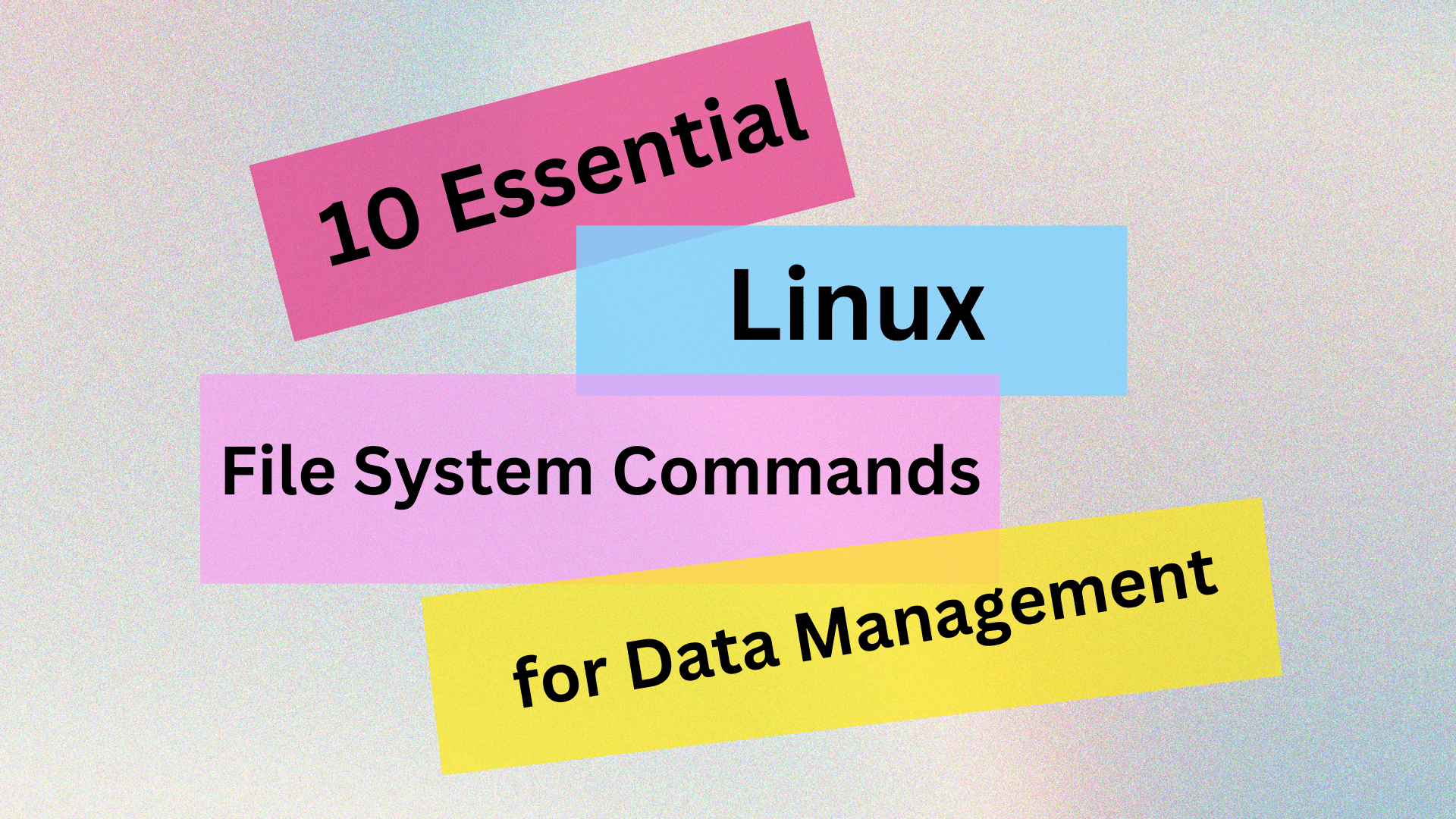















































































![[DEALS] The 2025 Ultimate GenAI Masterclass Bundle (87% off) & Other Deals Up To 98% Off – Offers End Soon!](https://www.javacodegeeks.com/wp-content/uploads/2012/12/jcg-logo.jpg)


















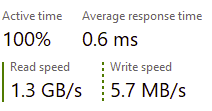
























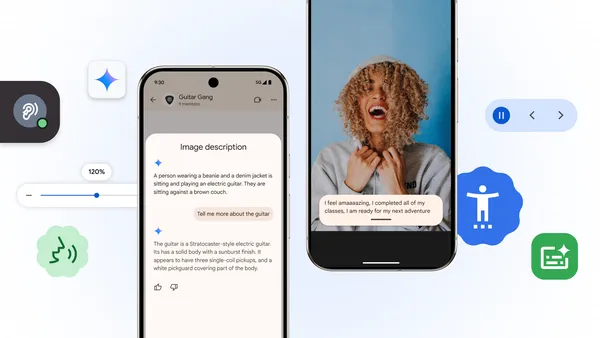


![Artist Shocked To Find Her Poster Designs From 2017 In Bungie's Marathon: 'A Major Company Has Deemed It Easier To Pay A Designer To Imitate Or Steal My Work Than To Write Me An Email' [Update]](https://i.kinja-img.com/image/upload/c_fill,h_675,pg_1,q_80,w_1200/4ce7afff77473c3cccca9cc349c42790.jpg)




















































































-Olekcii_Mach_Alamy.jpg?width=1280&auto=webp&quality=80&disable=upscale#)

























































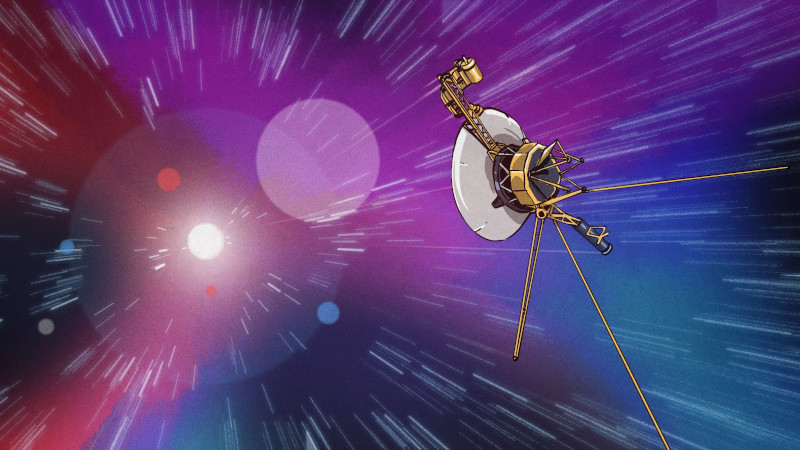






















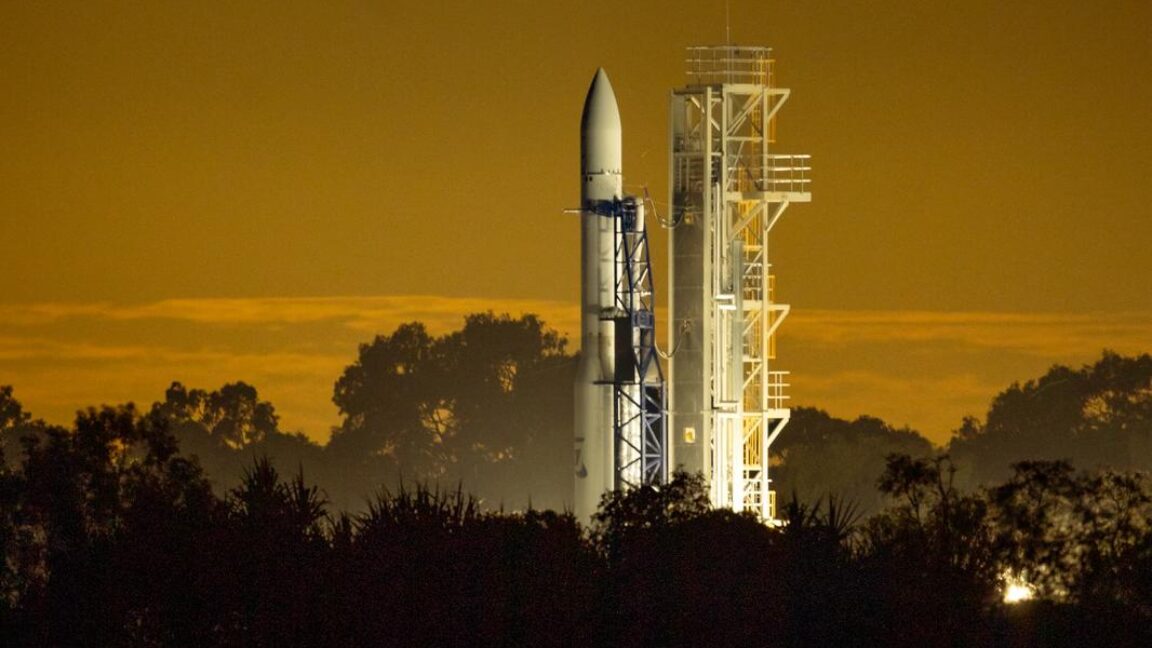




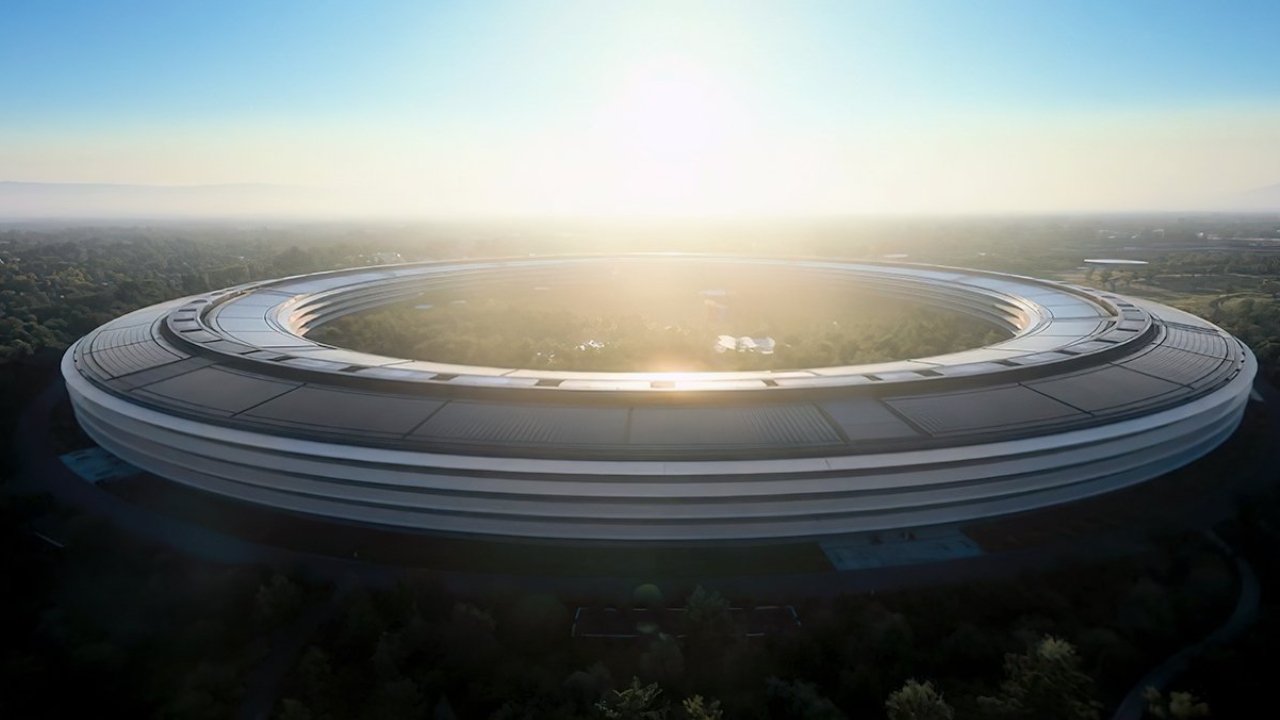





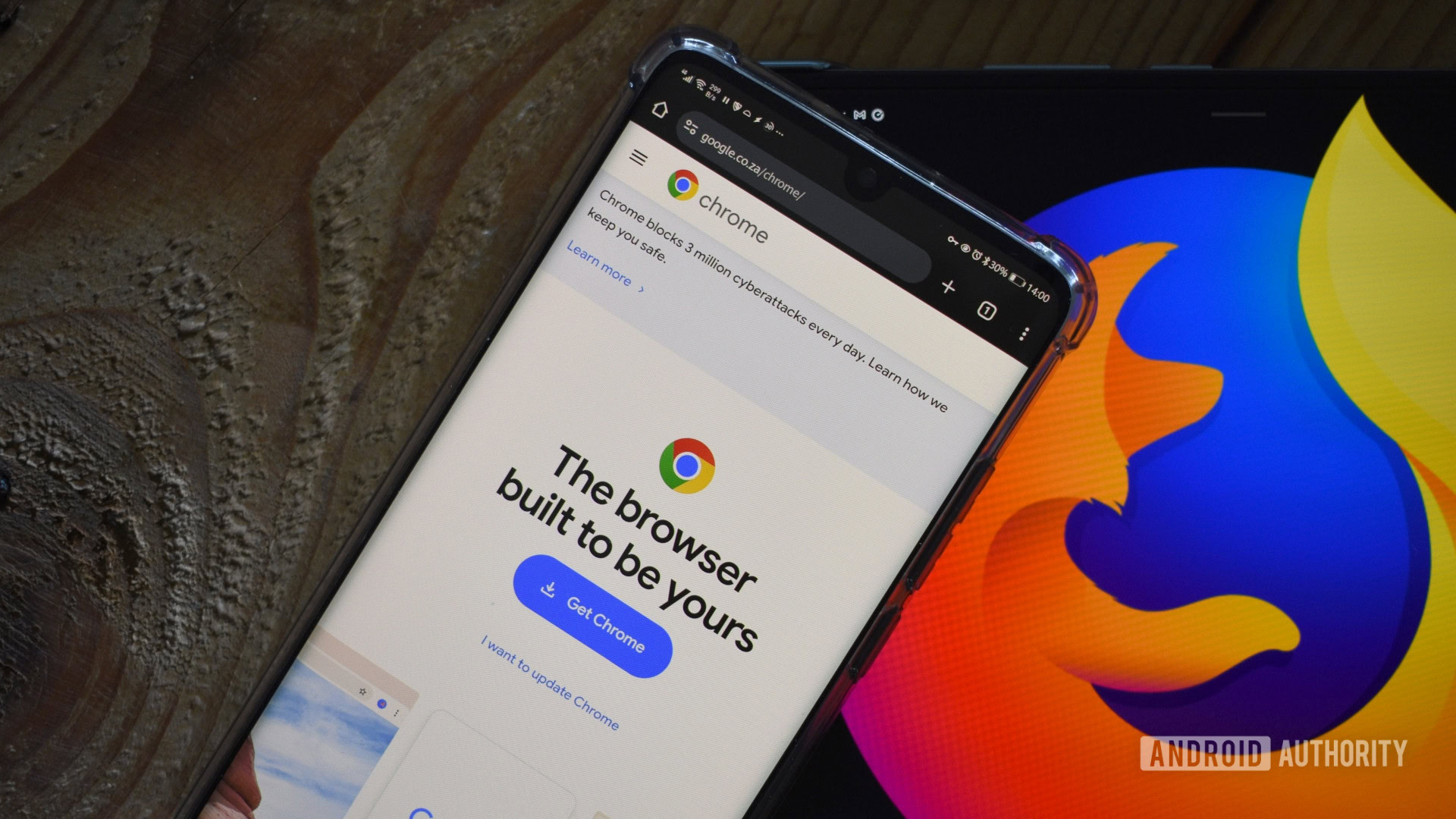
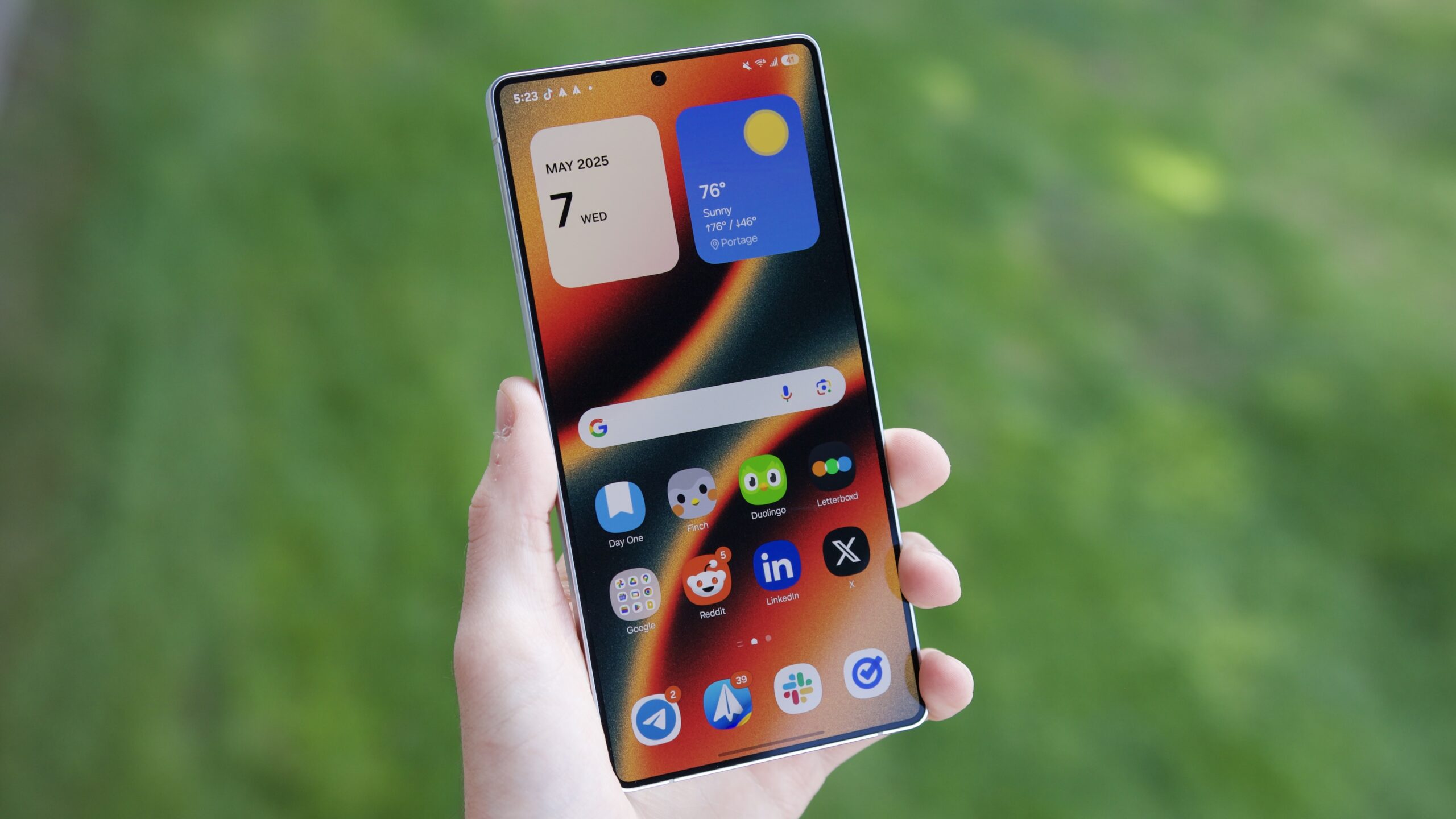


![Apple using sketchy warning for apps bought using third-party payment systems [Updated]](https://i0.wp.com/9to5mac.com/wp-content/uploads/sites/6/2025/05/Apple-using-scary-looking-warning-for-apps-bought-using-third-party-payment-systems.jpg?resize=1200%2C628&quality=82&strip=all&ssl=1)





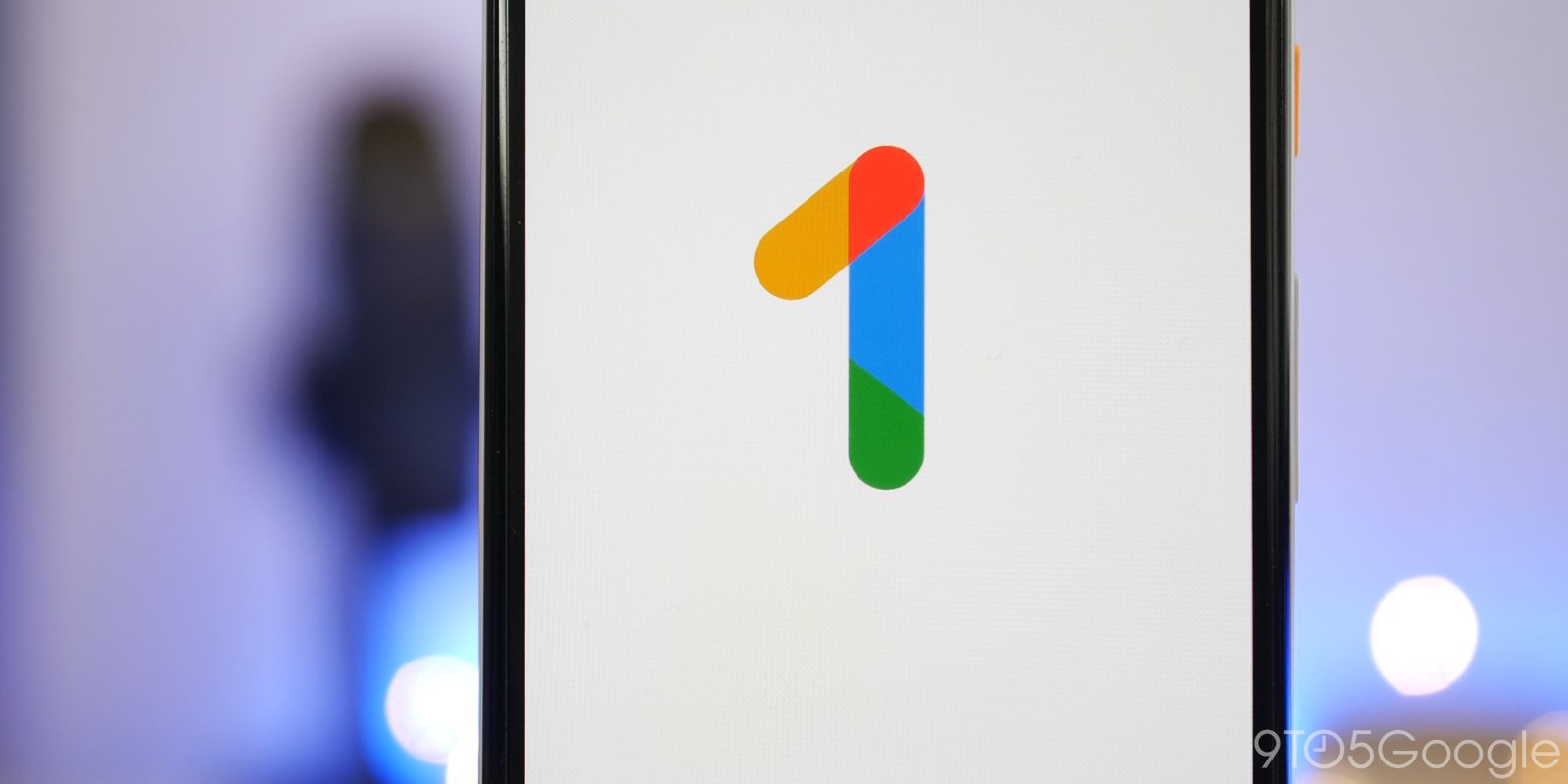












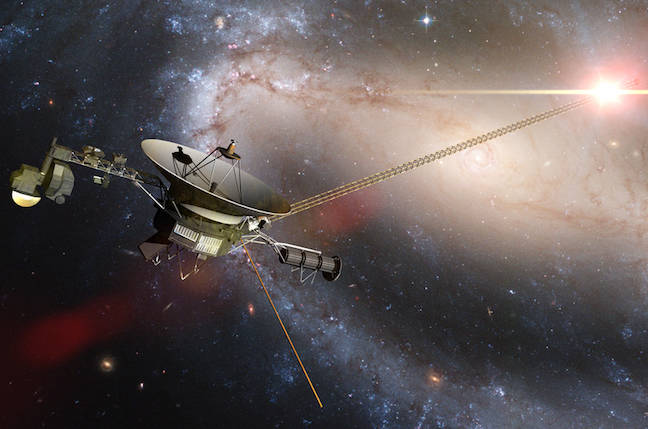
![Sony WH-1000XM6 Unveiled With Smarter Noise Canceling and Studio-Tuned Sound [Video]](https://www.iclarified.com/images/news/97341/97341/97341-640.jpg)


![Watch Aston Martin and Top Gear Show Off Apple CarPlay Ultra [Video]](https://www.iclarified.com/images/news/97336/97336/97336-640.jpg)























